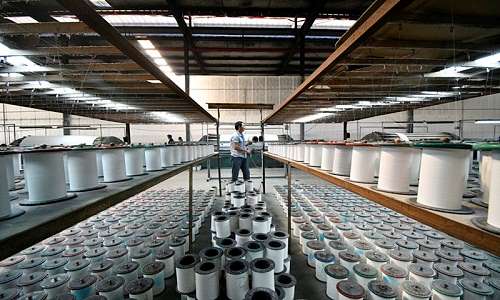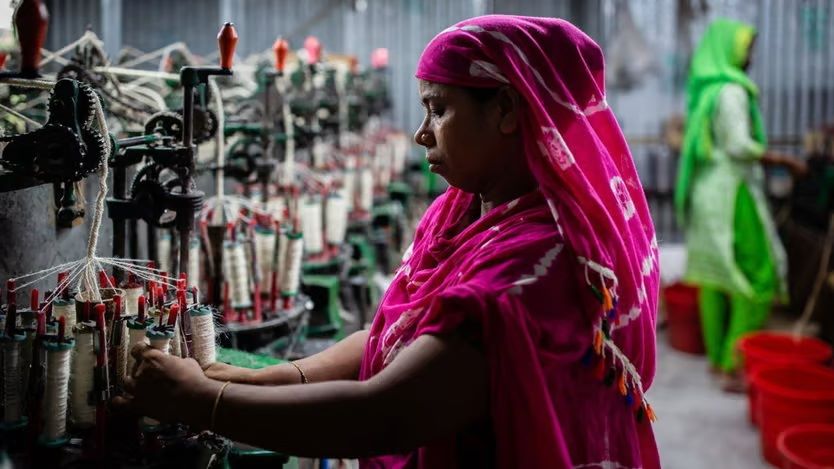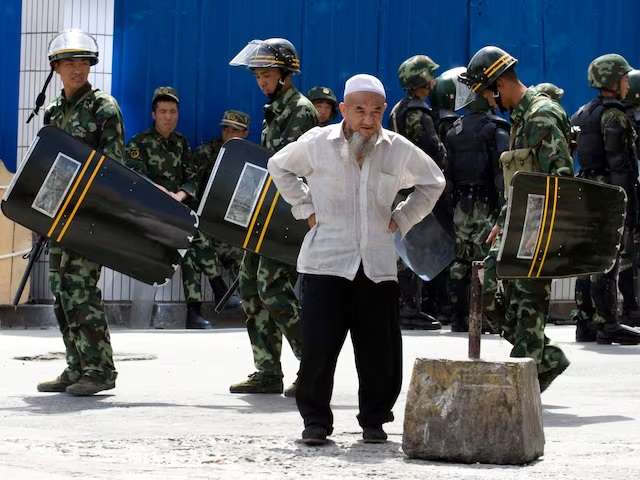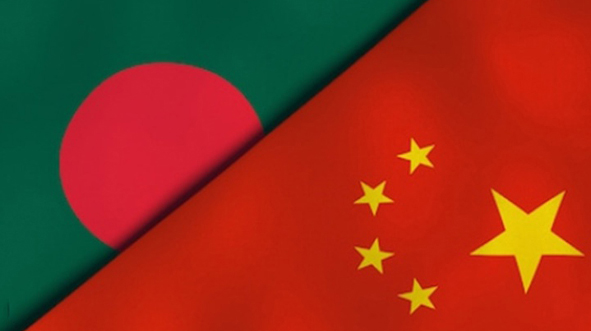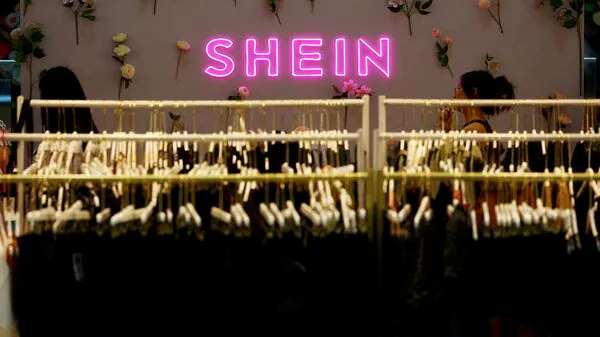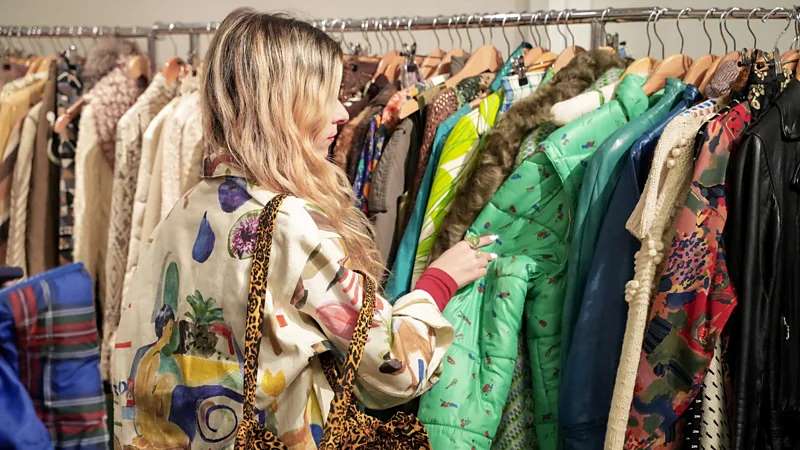FW
The Techtextil fair will be held at Dubai International Convention and Exhibition Centre from January 19 to 21, 2014. Over 1,000 exhibitors and more than 22,000 visitors are expected to take part in the 16th edition. Messe Frankfurt is expanding its Techtextil brand to the growing technical textile markets in the Middle East. Techtextil is the international trade fair for technical textiles and nonwovens.
UK-based Technical Absorbents Limited (TAL), a leader in superabsorbent product technologies, will be one of the prominent participants at the fair. TAL will be displaying its Super Absorbent Fiber (SAF) technologies and SAF-based converted product portfolio – nonwovens, wovens, yarns and tapes. These are suitable for a wide range of markets and applications, including advanced wound care, filtration, water-blocking geo textiles and water-blocking yarns and tapes for the cable market, water management agrotextiles, and fabric technology for coolant apparel garments.
One of the main products on display will be TAL’s durable KoolSorb technology – a washable fabric created to provide sweat absorption and comfort functionality when worn under heavy clothing.
Intersec 2014, the leading international trade fair for safety and security, will be held concurrently. With Intersec visitors in mind, TAL will also be available to discuss how its technology can be applied within flame-retardant applications.
www.messefrankfurt.com/.../techtextil/.../techtextil--techtextil-middle-eas..
Textile firms from over 20 countries participated at the recently concluded Third International Fair of Cotton Products, at Ashgabat in Turkmenistan. Some of the countries that participated at the two day fair (November 23 to 24) are Russia, US, UK, Japan, Italy, Singapore, India, Bangladesh, Iran, Turkey and Afghanistan. Special attention was paid to the marketing of products manufactured with cotton produced in Turkmenistan.
The objective of the fair was to provide opportunities to establish mutually beneficial contacts and strengthen long-term partnership between local cotton producers and foreign customers. The two-day fair saw participation from major agricultural departments, cotton enterprises and textile industries of Turkmenistan as well as other countries.
The aim of the event was to develop the agricultural sector and the cotton industry, expand research in cotton growing and promote cooperation with international organizations in this sector. The fair gave guests and participants information about the latest specimen products, advanced manufacturing technologies, technical and crop varieties, seed stock and recycled materials.
Turkmenistan is interested in development of cotton processing and textile manufacturing in the country. Cotton is considered white gold. It is the basis of the financial prosperity of the country’s agriculture.
www.cottonexhibition.gov.tm
In a bid to provide year-round online access to a range of sustainable fabrics and textile mills, The Sustainable Angle, which initiates and supports projects that contribute to minimizing environmental impacts, has released the first version of its forthcoming Future Fabrics Virtual Expo.
The 3rd edition of Future Fabrics Expo in London displayed hundreds of sustainable fabrics. After encouraging response from visitors, the idea of launching a virtual expo concept was born. The concept is an online source of exhibitors that can be referred to after the event, wherein the Future Fabrics Virtual Expo also provides more in-depth information on textiles and mills.
This online version of the expo features six mills including Kassim Denim with organic cotton denim fabrics, textile designer Susan Gaunt Design with British wool, and Club Masters of Linen, with European linen. The second and more in-depth version of the Future Fabrics Virtual Expo will be launched in spring 2014. It is intended to provide an online tool for communication between textile mills and fabrics buyers and designers, allowing information on sustainability and sourcing to be easily shared, available on a subscription basis.
www.thesustainableangle.org
Dirtball, an apparel company based in Hickory, North Carolina is known for its eco-friendly clothing and American-made apparel. They have succeeded in creating a formula of selling clothing and gear made from recycled cotton, plastic, and polyester since 2008. In September, Dirtball unveiled its newest innovation – the Green Jean to the market.
The Green Jean, like everything in Dirtball’s product line, is made completely from recycled materials, using recycled and organic cotton and 8-10 recycled water bottles in every pair. There are four styles of Green Jean that are currently available; Rigid, Enzymed, Regular, and Khaki. Rigid is a black jean, Regular is a modern ultra-dark denim, and Enzymed is a medium-color blue denim, while Khaki is an eco-friendly take on a classic.
Dirtball has sourced all the materials for the jeans from regional suppliers; all metal pieces are from Georgia, denim and stitching supplies are sourced locally from North Carolina, and final assembly is done in Kentucky. Founded in 2008 by Joe Fox, race car driver, entrepreneur and North Carolina native, Dirtball constructs eco-friendly apparel and gear for active individuals – cutting across age and gender lines.
www.dirtballfashion.com
Nylstar, a leading supplier of nylon 6.6 and worldwide known by its brand Meryl, announces an investment of more than 1,200,000 euros that enables the company to significantly increase its production capacity from 15,000 to 17,000 annual tons. The investment comprises an installation of 21 Barmag winding machines that will increase productivity and will reduce waste considerably.
This investment will allow Nylstar to enlarge the variety of its product range; with a clear commitment of the company to deliver even more value-added products. The new equipment will be installed in January 2014 and will be operating immediately.
With challenging conditions both in the textile industry and in the market, Nylstar has been able to increase 10 per cent YTD its sales volume as the result of its focus on innovation and customer service. Nylstar, the Spanish provider of Nylon 6.6 fibers founded in 1923, believes in ongoing innovation and textile research, generating upscale concepts that aim to improve consumer’s quality of life.
Turkish denim specialist Calik Denim has unveiled a new eco-denim line to showcase its ongoing sustainability work. Called 'Botanical Sense,' the collection will launch with 20 new natural denims made from organic cotton, BCI (Better Cotton Initiative) cotton, recycled cotton, linen, paper yarn, Tencel and Modal.
Dyestuffs are either natural indigo or those approved by the Global Organic Textile Standard (GOTS). And finishes feature the recently introduced less-water technology or natural ingredients.
With stretch, super-stretch, comfort stretch and rigid articles, the collection is specifically designed for the Northern European markets. At the company's production plant in Malatya, the entire process is environmentally-friendly. Its R&D centre is currently working on 36 projects including vegetable dyes, energy-saving finishes and reducing water use in production. In particular, the Eco-Save process uses 65 per cent less water and chemicals in a typical denim production cycle, and has resulted in an average drop of 70 per cent in production waste, the company says.
Another innovation is a special finishing technique that gives a very soft handle along with a smoother and shinier surface appearance but also uses 50 per cent less water and just a quarter of the chemicals compared to other conventional finishes, according to Calik.
www.calikdenim.com
As per Addis Fortune report, Ethiopia exported $29 million (Rs 183 crores) worth of textiles during the first quarter of the fiscal year 2013-14 that began on July 8, 2013. The first quarter export earning was over 50 per cent higher than the $19 million (Rs 120 crores) made in the corresponding period of last year. But exports are still likely to fall short of government’s target of $500 million (Rs 3,159 crores) for the entire fiscal year, if the trend continues.
In 2012-13, Ethiopian textile sector exports clocked in $99 million (Rs 625.5 crores), much below the government target of $357 million (Rs 2,255.7 crores). The Ethiopian textile sector comprises of 110 companies, and the export target for each individual company for the current year is yet to be determined, says Ethiopian Textile Industry Development Institute (TIDI).
During the first quarter, 58 new medium textile factories became operational. In addition, large textile companies like Etur Textile Plc and Angels Addis are also likely to operate at higher capacities during the remaining part of the year. The Growth and Transformation Plan (GTP) of the Ethiopian government aims at earning textile export revenue of $1 billion (Rs 5,000 crores) by 2014-15 and creating 40,000 new jobs in the process.
Addisfortune.net
The issue came up for discussion during a meeting between Pakistan Textile Exporters Association Chairman, Sheikh Ilyas Mahmood, Khurrianwala Industrial Estate Association Chairman, Khurram Iftikhar, All Pakistan Bedsheet and Upholstery Manufacturers Association Vice Chairman, Ammar Saeed and others, a statement said.
“Gas is imperative to run the wheels of industry (and) in the absence of the basic fuel, how can the industry function,” the statement said. The industrialists were looking forward to framing of business-friendly policies by the government for economic revival, but they said such decisions went against the promises to facilitate the growth of trade and industry.
Saying that the country needed investment to improve infrastructure and revive the economy, it pointed out that suspension of gas supply to the industries would discourage prospective investors from considering Pakistan as an investment destination.
www.ptea.org.pk
Four textile industry leaders have been invited for the regional chambers of commerce roundtable conference on 'Normalizing India-Pakistan Trade' on November 26 at Karachi. The roundtable is being organized jointly by Indian Council for Research on International Economic Relations (ICRIER), New Delhi, the Federation of Pakistan Chambers of Commerce and Industry (FPand the Institute of Business Administration (IBA).
Challenges in Indo-Pak trade and economic cooperation, textiles, banking and non-tariff barriers to trade and trade in agriculture will be the topics discussed. For the first time in the history of Indian synthetic and rayon textile export, Pakistan has emerged as the leading market for fabrics and filament yarn surpassing US and Saudi Arabia. As per the latest figures from the textile ministry, man-made fabric and yarn export to Pakistan has increased by 25 per cent in 2012-13 at Rs 21 crores compared to Rs 16 crores in the previous year.
Owing to deeper business ties between traders in Karachi and Surat, around 60 per cent of contribution in the export to Pakistan has come from the MMF industry in Surat. The Surti traders exported dress material, saris, fabrics worth Rs 11 crores to Karachi, Peshawar and Lahore.
Manghani, the former president, Federation of Surat Textile Traders Association (FOSTTA) said, "There is still a huge scope of increasing textile trade between Surat and Pakistan. Our fabrics are in huge demand, but there are certain issues that need to be addressed."
Inspired by nasturtium leaves and butterfly wings, US engineers have created a waterproof material. The new ‘super-hydrophobic’ surface could keep clothes dry and stop aircraft engines icing over. Engineers say that the latest `super-hydrophobic' surface could keep clothes parched and would also prevent icing above aircraft engines. Earlier, the lotus leaf was considered for the purpose of drying up, but now a team from MIT in Boston says they have found an improved way.
The phenomenon takes place with the help of addition of ridges over the surface of silicon, bouncing back water at speed which is 40 per cent faster as compared to the earlier `limit'. Such ridges are also found on wings of the Morpho butterfly and on the vein of nasturtium leaves.
By applying a similar practice on the metals, fabrics and ceramics, scientists have made a new type of moisture-resistant products ranging from tents to wind turbines. Prof Kripa Varanasi says, "We believe these are the most super-hydrophobic surfaces yet. For years industry has been copying the lotus. They should start thinking about copying butterflies and nasturtiums".
The `lotus effect' has encouraged industrial fabrics, paints and roof tiles which copy structure that is observed in the leaves of plants. When ridges were applied to aluminium and copper oxides, water dried 40 per cent faster as compared to that on nasturtiums and the Morpho wings.


